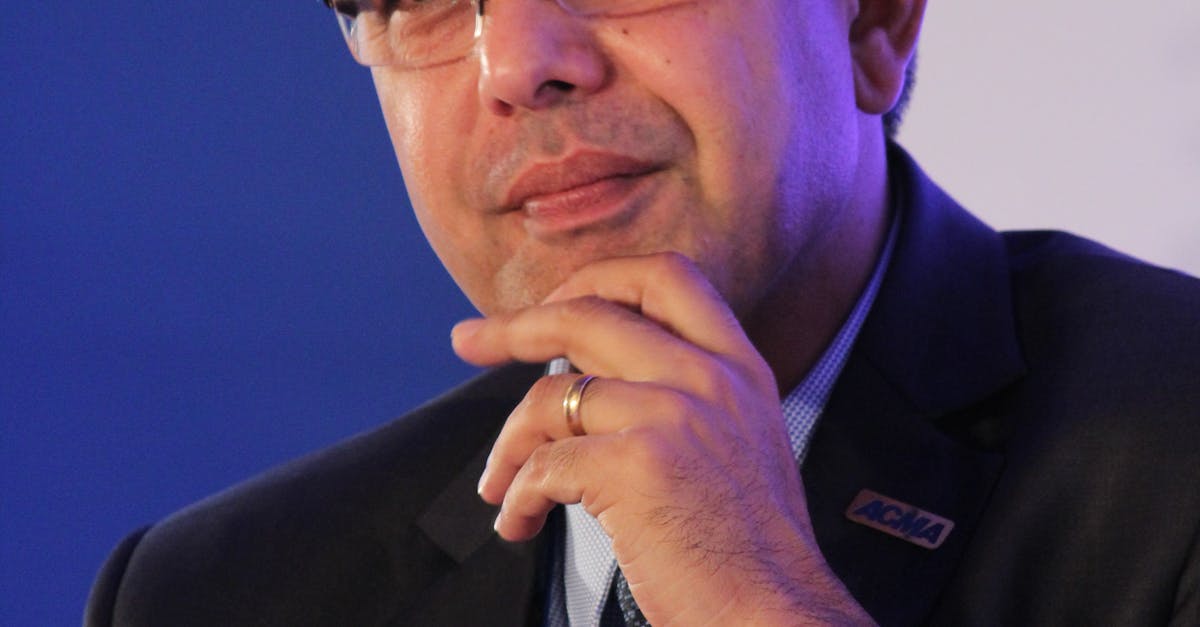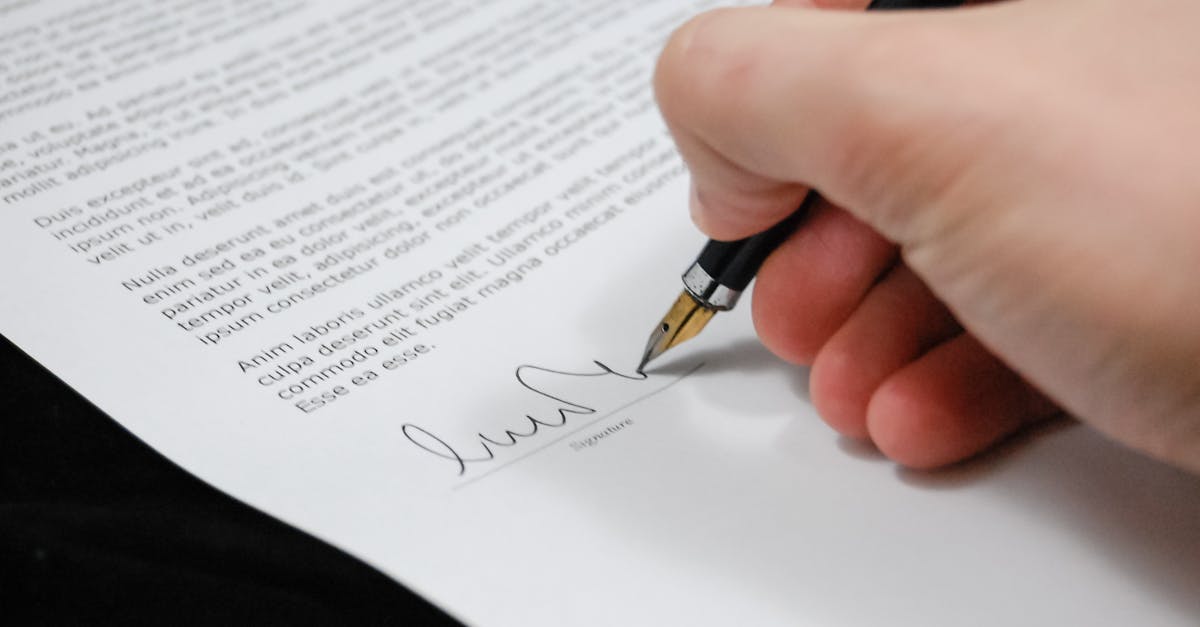
Digital Piracy
Digital piracy poses a significant threat to intellectual property rights as copyrighted material is unlawfully replicated, disseminated, and consumed without proper authorization. The illegal downloading and distribution of software, movies, music, and other forms of digital content have become rampant in the online domain. Undermining the hard work and creativity of content creators, digital piracy not only causes financial losses but also weakens the foundation of intellectual property protection.
In cases of digital piracy, individuals brazenly flout copyright laws by sharing proprietary material through unauthorized channels on the internet. This infringes upon the exclusive rights of content owners and facilitates the proliferation of counterfeit products at the expense of legitimate businesses. To safeguard intellectual property rights in this digital age, stringent enforcement measures, heightened awareness campaigns, and increased cooperation between stakeholders are imperative. Intellectual Property Protection in New York, New York plays a crucial role in combating digital piracy and upholding the integrity of creative works.
Illegal Downloading and Distribution of Software
Illegal downloading and distribution of software is a prevalent violation of intellectual property rights that can have serious legal consequences. This practice involves obtaining software without the proper authorization, often through torrent websites or peer-to-peer networks, and then sharing or distributing it illegally. Intellectual Property Protection in New York, New York, specifically addresses these actions as they infringe upon the copyright of the software developers and creators.
Individuals who engage in illegal downloading and distribution of software not only violate copyright laws but also harm the creators' ability to benefit financially from their work. This violation undermines the incentive for innovation and can hinder the development of new software products. Intellectual Property Protection in New York, New York places a strong emphasis on curbing such practices to safeguard the rights of software developers and uphold the integrity of the intellectual property laws.
Domain Name Infringement
Domain name infringement is a serious violation of intellectual property rights that occurs when individuals or companies register a domain name that is confusingly similar to an established trademark. This can lead to consumer confusion and damage the reputation of the original trademark owner. Intellectual Property Protection in New York, New York, is crucial in cases of domain name infringement to protect the brand identities and online presence of businesses.
Unauthorized use of trademarks in website URLs is another common form of domain name infringement. This occurs when someone incorporates a well-known trademark into a website's domain name without permission. Such actions can divert web traffic intended for the original trademark owner and potentially harm their business. Seeking legal guidance and understanding intellectual property laws is essential for safeguarding against domain name infringement.
Unauthorized Use of Trademarks in Website URLs
Unauthorized use of trademarks in website URLs is a common violation of intellectual property rights. This occurs when a website incorporates a trademarked term or logo in its URL without permission from the trademark owner. Such unauthorized use can confuse consumers and potentially harm the reputation of the trademark owner. Intellectual Property Protection in New York, New York emphasizes the significance of obtaining proper authorization before using any trademarks in website URLs to avoid legal consequences.
Infringing on trademarks in website URLs can lead to allegations of trademark infringement, which may result in legal action against the website owner. It is essential for businesses to conduct thorough research and seek permission from trademark owners before incorporating any trademarks into their website URLs. Intellectual Property Protection in New York, New York enforces strict measures to safeguard the rights of trademark owners and prevent unauthorized use of their intellectual property.
Image and Photography Theft
Image and photography theft is a prevalent form of intellectual property infringement that poses significant issues in the digital age. It involves the unauthorized use of images or photographs without the creator's permission, often for commercial gain or to attract online traffic. In the realm of Intellectual Property Protection in New York, New York, image and photography theft can have far-reaching consequences for creators, leading to loss of income, violation of copyright laws, and damage to their reputation.
Unauthorized reproduction of photographs is particularly common on the internet, where images are easily shared and disseminated across various platforms. Creators often find their work being used without acknowledgment or compensation, resulting in a loss of control over their own creations. In Intellectual Property Protection in New York, New York, legal actions can be taken against individuals or businesses found guilty of image and photography theft, highlighting the importance of respecting copyrights and intellectual property rights in the digital landscape.
Unauthorized Reproduction of Photographs
Unauthorized reproduction of photographs is a prevalent violation of intellectual property rights that many individuals and businesses face. This infringement occurs when someone duplicates, copies, or reproduces a photograph without the proper authorization from the original creator or copyright holder. In cases where photographs are used without permission, it can result in financial losses for the copyright owner and violate their exclusive rights to control the distribution and reproduction of their work. Intellectual Property Protection in New York, New York is crucial in addressing such violations and holding infringers accountable for their actions through legal recourse.
Photographers invest time, effort, and creativity in capturing unique images, and unauthorized reproduction undermines the value of their work. It is essential for photographers to understand their rights under intellectual property laws and take proactive measures to protect their photographs from being unlawfully reproduced. By registering their copyright and displaying copyright notices on their work, photographers can establish a foundation for legal action against individuals or entities that engage in unauthorized reproduction of their photographs. Intellectual Property Protection in New York, New York plays a critical role in safeguarding the creative endeavors of photographers and ensuring that their rights are respected in the digital age.
FAQS
What is digital piracy?
Digital piracy refers to the unauthorized copying, distribution, or use of copyrighted material such as software, music, movies, or books.
What is illegal downloading and distribution of software?
Illegal downloading and distribution of software involve obtaining and sharing copyrighted software without the permission of the creator or copyright owner, which is a violation of intellectual property rights.
What is domain name infringement?
Domain name infringement occurs when someone uses a domain name that is similar to a trademarked name or brand, causing confusion among consumers and potentially infringing on the owner's intellectual property rights.
What is unauthorized use of trademarks in website URLs?
Unauthorized use of trademarks in website URLs involves including trademarked names or logos in domain names or website addresses without permission, which can lead to legal action for trademark infringement.
What is image and photography theft?
Image and photography theft refer to the unauthorized use, reproduction, or distribution of images or photographs without the consent of the copyright owner, which is a common violation of intellectual property rights.
What is unauthorized reproduction of photographs?
Unauthorized reproduction of photographs occurs when someone duplicates, displays, or distributes copyrighted photographs without the permission of the photographer or copyright holder, which is a form of intellectual property infringement.




